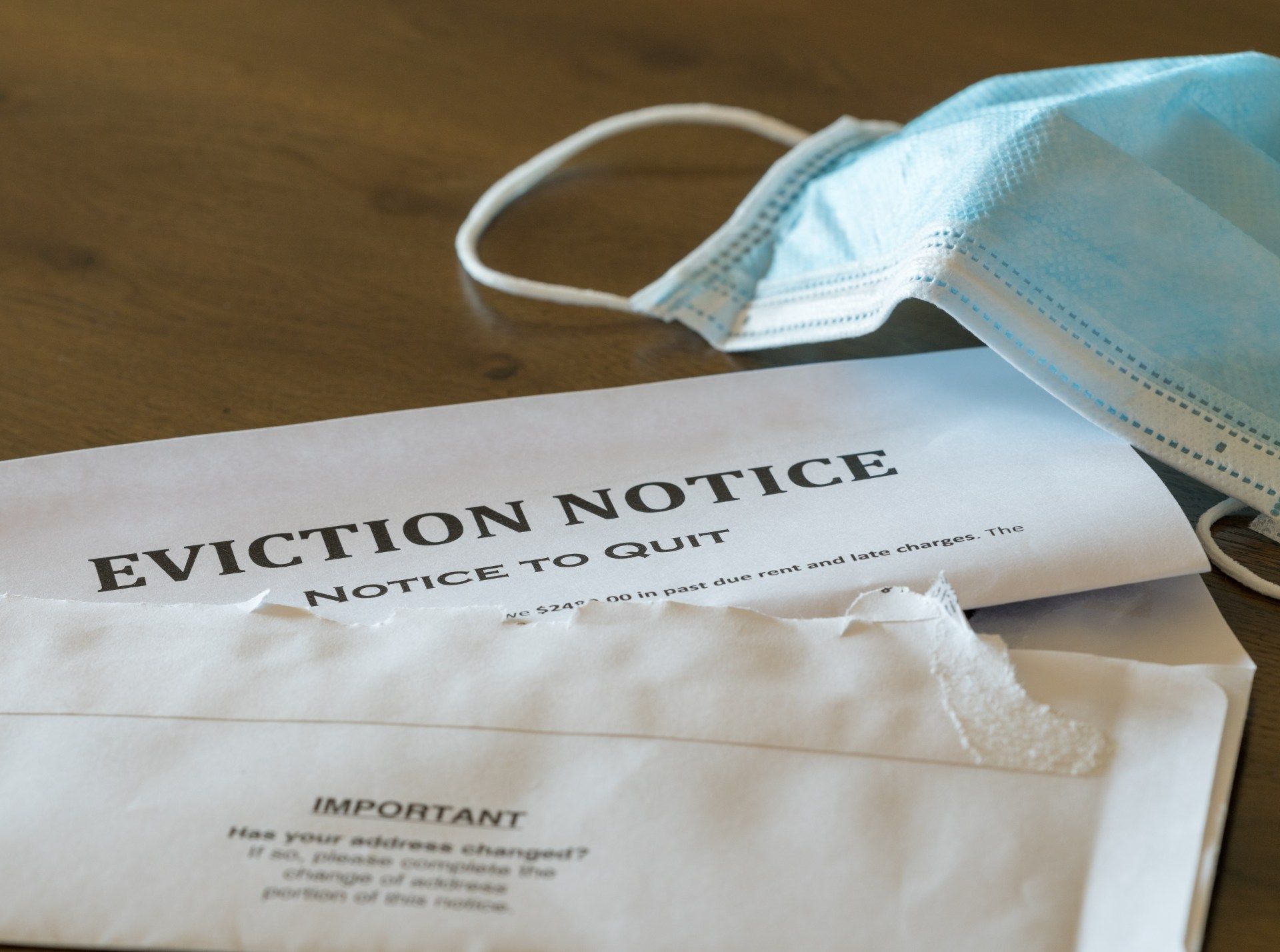Top Class Actions’s website and social media posts use affiliate links. If you make a purchase using such links, we may receive a commission, but it will not result in any additional charges to you. Please review our Affiliate Link Disclosure for more information.
The coronavirus eviction ban has ended in England and Wales, meaning tens of thousands of private renters could become homeless.
The eviction ban stopped landlords from kicking out tenants who struggled to pay rent during the coronavirus pandemic, but now they may have to face eviction hearings.
The eviction ban ended 20 Sept., and the courts will be processing claims immediately, according to Huffington Post U.K. The most crucial cases, such as those involving domestic violence, will come first.
Eviction hearing proceedings have stacked up during the six-month eviction ban during the COVID-19 pandemic, but Labour and social campaigners are demanding the ban be continued, the BBC reported.
Charities and other advocates have warned the financial struggle faced by many during the pandemic could lead to masses of people homeless or living in overcrowded quarters.
Homeless charity Shelter conducted a survey that showed more than 170,000 renters had faced potential eviction from their landlord, according to the BBC. And another 230,000 are in arrears due to financial struggles caused by the pandemic.
“The shocking scale of our housing emergency and lack of social homes has been brutally exposed by the pandemic,” Shelter chief executive Polly Neate told HuffPost U.K. “And now, more than 300,000 private renters have been plunged into rent arrears since the pandemic hit, leaving many at risk of losing their homes.”
But the government and landlord associations do not believe there will be mass eviction notices.
Landlords are now required to give six months’ notice before evicting tenants in England, Scotland and Wales, the BBC reported. Before the pandemic, eviction notices were given just two months in advance.
The eviction notice period in Northern Ireland is 12 weeks, and notices should only be given in unavoidable circumstances.
According to The Guardian, up to 55,000 renters may have already been issued an eviction notice between March and August.

“Councils will continue to do everything they can to help tenants who are in financial difficulty and cope with the likely increase in those seeking housing support,” Swindon Tory leader David Renard said, according to The Guardian. “However, they face significant homelessness pressures which have been exacerbated by the pandemic. The government should bring forward its pledge to end ‘no-fault evictions’, as well as commit to maintaining local housing allowance rates at the lowest third of market rents beyond the period it has committed to.”
One renter told BBC his income has been “killed for a year” due to the pandemic.
Ian Forest, a wedding DJ, has struggled to make rent during the pandemic, and his letting agent arranged a 50% rent deal with him for a few months. Now he is facing full rent payments as well as another £3,000 in back rent.
Forest says he fears he is going to risk losing his home.
Know Your Rights
If you are worried about the end of the eviction ban, you should know your rights.
Speak to your landlord right away, and try to agree on a payment plan or other arrangements. Taking the initiative to tackle the situation can go a long way.
If you negotiate a new rental agreement, get it in writing.
Most renters have the right to six months’ notice if they are issued an eviction notice after 29 Aug. If you continue to stay in your rental past the six-month mark, your landlord can take the matter to court.
Legally, you do not have to vacate until your landlord receives a bailiff warrant.
If a landlord tries to evict you without one, seek legal advice.
Do you think the eviction ban should be extended? Why or why not? Share your thoughts in the comments.
Check back daily for the most recent U.K. class action lawsuit and consumer protection news.
ATTORNEY ADVERTISING
Top Class Actions is a Proud Member of the American Bar Association
LEGAL INFORMATION IS NOT LEGAL ADVICE
Top Class Actions Legal Statement
©2008 – 2024 Top Class Actions® LLC
Various Trademarks held by their respective owners
This website is not intended for viewing or usage by European Union citizens.















